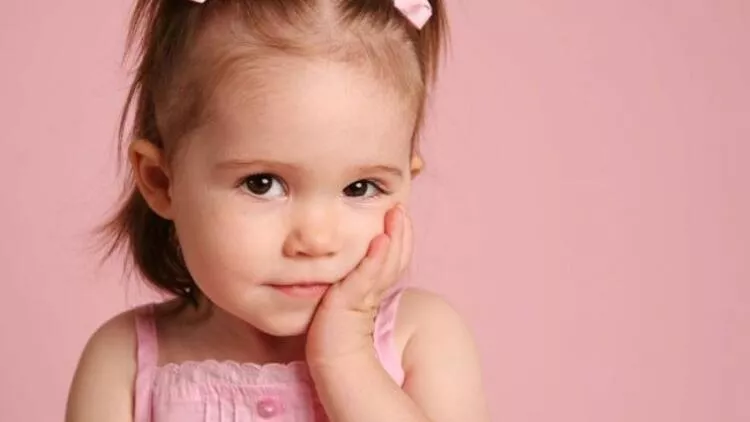Guilt in Children aged 2-5
Causes of guilt
The emergence and development of the feeling of guilt depends on two main reasons. The first is that some features of the child’s psychological (emotion, thought, behavior) development follow a process that reinforces this emotion in the preschool age, and the second is parent-child communication and interaction.
Between the ages of 2 and 5, the child’s psychological development is a period in which the child sees himself as the center of the environment, briefly the world. In this period, the child establishes a direct connection between himself and what is happening around him. For example; When parents’ voices are raised and they argue with each other, it is highly likely that the child thinks it is because of himself.
In this period, the characteristic that the child shows regarding the development of thought is that he believes that he can do something by just thinking and wishing. For example; If a child who is angry with his mother wishes something bad to happen to his mother at that time, it causes the child to experience both serious fear and guilt. Because the child believes that because of this negative thought, his mother can really be harmed.
The logic that it can only affect external reality with thoughts and feelings causes the feeling of guilt to emerge in the child during this period. With the overcoming of egocentrism and the development of reasoning, the feeling of guilt that arises in this way decreases.
Again, perfectionism, which is one of the psychological development characteristics of this period, can also reveal the child’s feelings of guilt. When the child evaluates himself, his expectations are perfectionist. He has a tendency to see himself as flawless and perfect, like completing a puzzle the first time, drawing a line as neatly as the first time.
It should be noted that what the parent may say as a joke can be taken seriously by the child. For example, the father’s saying, “Don’t be our daughter, then go be someone else’s daughter,” after a girl who is a little bored with her father’s show of excessive affection says “I’m sorry,” causes the child to feel guilty and to suspect that such a thing can actually happen. Because it perceives language concretely.
Again, an expression of anger such as “Go, I don’t love you anymore, you are not my child” told by the mother of the children of this period, who do not know much about emotions and their effects, is perceived as real and arouses feelings of fear and guilt.
Duties of parents in parent-child communication
• You should be aware of the child’s psychological development and adjust your expectations accordingly.
• Do not criticize the child in an accusatory language for his mistakes.
• Acknowledge her negative feelings, for example, don’t get angry at her for crying.
• Do not overreact. The child who is afraid of this will resort to lying. Because of this, he will feel even more guilty.
• Education on moral values should be carried out in a language appropriate to the age of the child. Do not create feelings of guilt when giving spiritual training.
• Answer the questions about the child’s own body and the body of others in an appropriate language, without scolding.
• Trying to raise an ideal child is an attitude that can lead the child to feelings of guilt.
